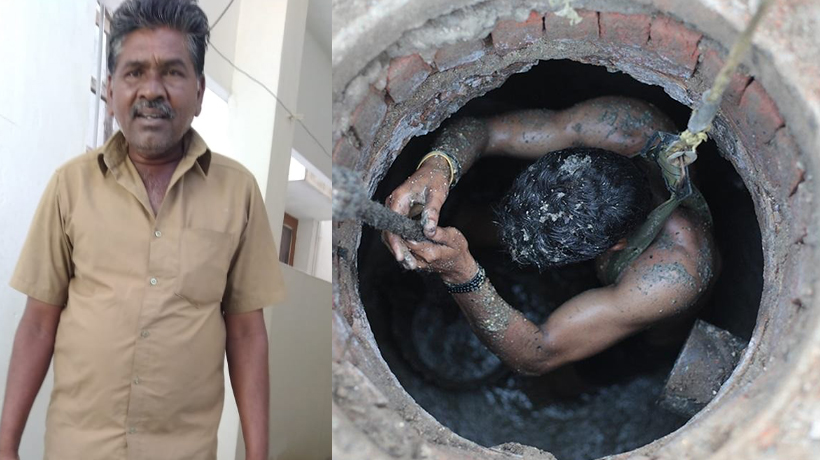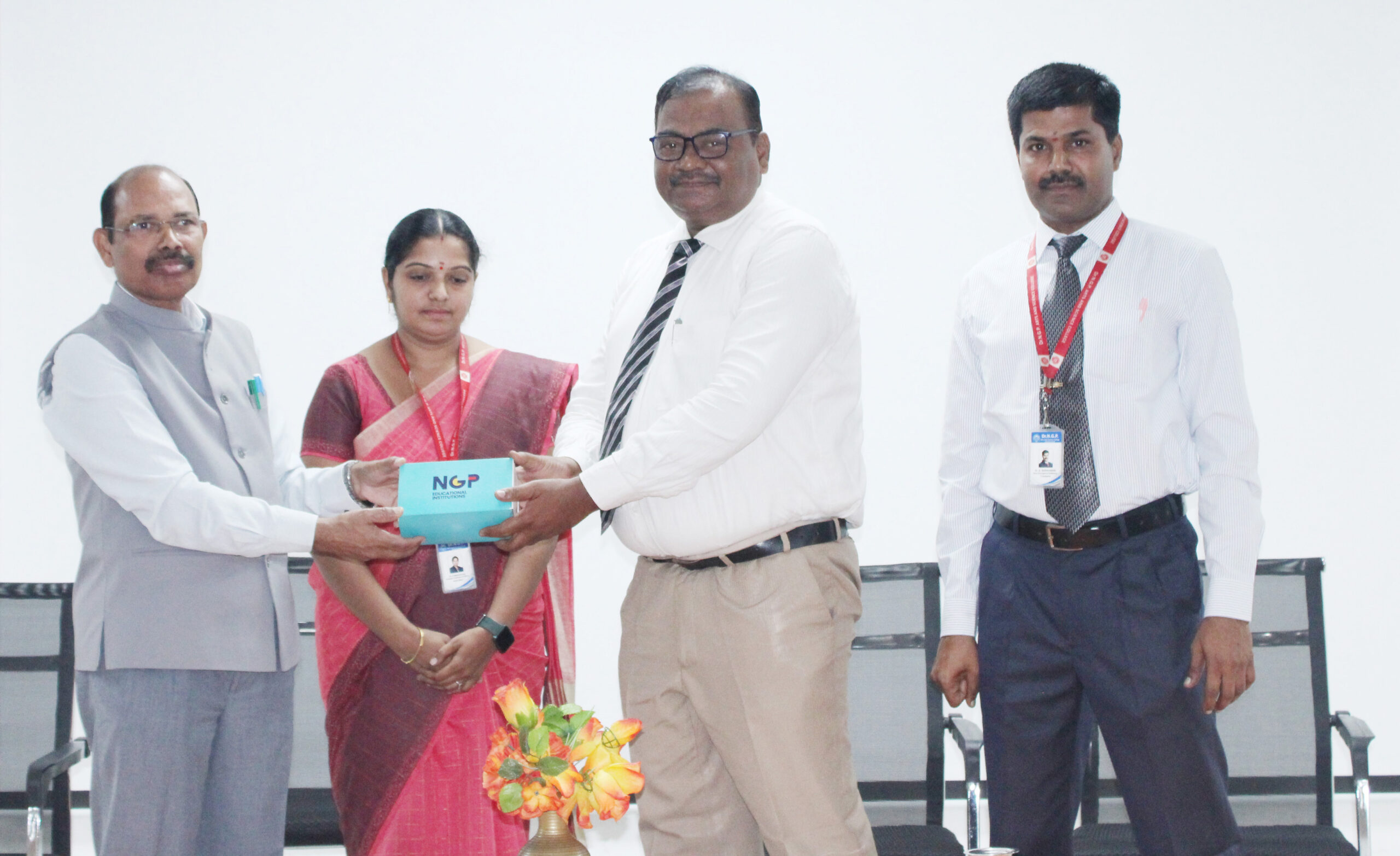Trending Now
- IPL 2024 begins with a bang. First contest between CSK and RCB.
- Election commission allots mike symbol to Naam Thamizhar Katchi
- AIADMK promises to urge for AIIMS in Coimbatore, in its election manifesto.
- Ponmudi becomes higher education minister.
Coimbatore
Into the poisonous gas chambers, they go every day. A few like Mani survive, but barely
![]() March 1, 2019
March 1, 2019
The recent death of two labourers while cleaning a sewer manhole after inhaling poisonous gases is a grim reminder of shocking flouting of the ban on manual scavenging. The recent deaths of two persons, engaged as daily wage workers, is proof that the ban on manual scavenging is ineffective and is also poorly implemented across the country.
The civic bodies in villages and cities were to increasingly use machines to replace the men and save them from preventable deaths. But, the situation on the ground and the reality exposes as to how shabbily these bodies have approached this suggestion that flowed out of the ban on manual scavenging through an act of the Parliament.
Perhaps, the reason why not many are able to appreciate the plight of the manual scavengers is due to the fact that they know little or nothing of the origins and extent of the problem. For many, the process of sanitation ends with flushing of the toilets at home. But the human waste from residential and office units travel down the chute to underground septic tanks, entering the municipal sewer system. When these sewers need to be cleaned or unclogged, it is people like CM Mani, a 52-year-old scavenger working for over three decades with Coimbatore Municipal Corporation.
Mani takes pride in the work he does, but laments that the system was failing them. “we are often not provided with facilities, proper equipment, and protective gears and masks that can prevent accidents,” Mani told the Covai Post.
Going back in memory, he said, “in earlier days, there would be no water in public toilets and we had to clean them with just plastic hand gloves. I showered thrice after work and still felt dirty.” But this did not deter him from the job at hand. He said that he had cleaned all the streets in this city.
“I respect my job, the most. The society might consider this job as the most menial and ridicule this work constantly. But I don’t have time to clap back, because if I don’t do my job, the same society would be stinking tomorrow” he said.
Even modern machines (sewer jetting machines) that have been introduced are not fully automated to eliminate human labour. “The end job has always been done by conservancy workers like me,” Mani said.
Majority of workers who clean manholes and septic tanks work on contract basis with private employers and they all belong to backward and scheduled castes, he said. The contractors pay Rs 150- Rs 200 a day but do not provide proper safety equipment like face masks, protective gloves, eye-protection gear, safety uniform, among others.
His hard work seems to be paying off, for his family. Mani has two sons and three grandchildren and yes none of them are engaged in his line of work. Both his sons are graduates and work in offices.
It is sad that even after 72 years of independence, the society always associates our castes to the jobs we do, Mani lamented.
“There are no drastic improvements in our lives, even after reservations in different sectors. The casteism hierarchy is still in place and there is no change in society’s outlook in this matter,” Mani rued, reflecting the sentiments of many like him.
“I don’t want to be objectified by the employment I chose to do for my living. I have good personal morale and always been true to my profession. I have not cheated or lied. This job might be dirty, but I will never be a dirty human being,” he said proudly.
Social activist R Rajivgandhi, said the deep-rooted religious beliefs and exploitation of few certain castes are resulting in demeaning these sections of the society and they are forced to be engaged in this profession. Unfortunately, society could not change the mindset of its people and bring about reforms to change the lives of these people, he said.
“There should be a widespread awareness and acceptance of social justice by all sections of the society to uplift the livelihood of these people,” he told the Covai Post. Not many corporations have adopted modern machines to clean the sewers, he said.






















